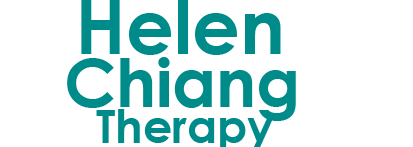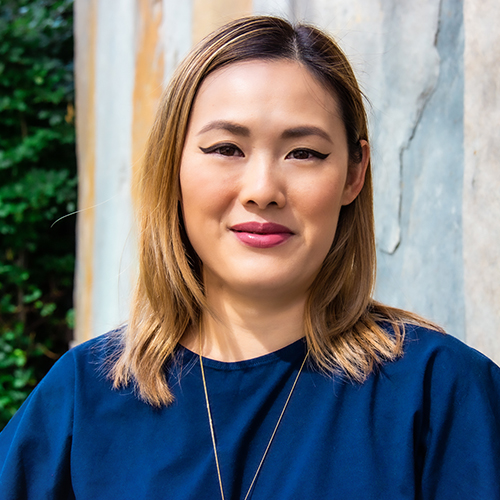I use an anti-oppressive, trauma-informed, and strengths-based approach to psychotherapy. The space that I hold for you is safe, non-judgmental, empowering, and healing. I am an attentive and empathic listener and my focus is on creating a warm, collaborative relationship in helping you move towards positive change, personal growth and mental wellness.
Therapeutic Modalities
I practice from an integrative approach that is tailored to suit you. This means that I may borrow from different modalities or therapeutic tools when focusing on you and your needs. The modalities that I use include: Cognitive Behavioural Therapy (CBT), Emotion-Focused Therapy (EFT), Schema Therapy, and Mindfulness-based interventions. Other therapy modalities may also be incorporated to meet your individual needs.
What does the intake session look like?
You might be wondering what an intake session looks like and what you need to do. The intake session helps to set the stage for therapy. This introductory session provides a helpful space where we get to meet online (i.e. we get to place a name to a face) and we discuss how therapy works, and my therapeutic approach. It is also an information gathering session where I will ask you questions about why you are seeking therapy, what presenting concerns you have, and other background information so that I can get to know you better. We can then formulate treatment goals and a counselling plan to meet your specific needs.
What does therapy look like?
Subsequent sessions will be focused around working on the issues that you bring to therapy. Together we work on gaining key insights into how your past influences your current life circumstances. We also work together to uncover behaviours and relational patterns which may no longer serve you, because they only make you feel overwhelmed and stuck. Therapy is an ongoing process of learning and unlearning that leads to the path of healing. My hope is that I am able to help you along on this journey.
The unlearning process may be a little daunting at first as it means stripping away and challenging our deeply ingrained beliefs about the way we act, behave, and live. I liken this to ripping off a bandage that has been stuck on for too long – OUCH! The beauty of unlearning is that it builds a sense of curiosity in helping us to ask the hard questions about ourselves and our inner worlds, and choosing what resonates with me and leaving behind those parts that no longer resonate with me.

